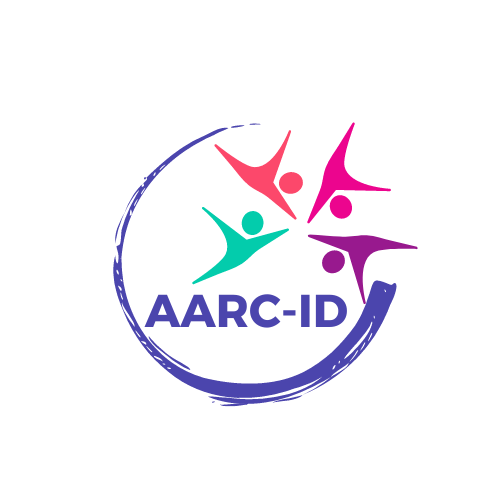Addressing Age-Related Complexity in Intellectual Disability – AARC-ID:
An economic analysis of different support modelsBackground on Project

As people with intellectual disability age, it may mean living with age-related morbidities which require specialist care to meet needs. While most people with intellectual disability would prefer to remain living in their current homes, if extra supports are not available, they may experience a need to move into residential type settings such as nursing homes. This is usually related to current funding systems not being responsive to developing age-related needs of people with intellectual disability. For example, if a person had been living independently but they are developing mobility issues, there is often no extra budget for staff to assist them. This can result in the person having to move to a different setting to have their needs met. However, such a move may impact on quality of life, wellbeing and personal dignity.
The AARC-ID study will build a picture of the future needs of people who are ageing with intellectual disability, what extra supports they require, and the costs of those supports. This will be completed using two secondary data sources– the Intellectual Disability Supplement to the Irish Longitudinal Study on Ageing (IDS-TILDA) and the National Ability Support System (NASS), as well as collecting primary qualitative data to understand perspectives and experiences.
The overall aim of the study is to provide economic evidence on the needs, resources and outcomes associated with supporting people aged ≥40 with intellectual disability to age in place.
The objectives of the project are to:
• Estimate the total volume of support need at the population level up to 2034
• Estimate the costs and outcomes associated with different models of support for individuals with varying support needs
• Estimate the costs and outcomes associated with meeting population-level needs from 2024-2034 under different funding scenarios for models of support
• Elicit perspectives of older people with intellectual disability, their families and caregivers, and service providers on the different models of support, and identifying additional needed changes to the mix of available services
This project collaborates with colleagues from the Centre for Health Policy and Management (School of Medicine, TCD), the National Federation of Voluntary Service Providers, the Trinity Centre for Practice and Healthcare Innovation (School of Nursing & Midwifery, TCD), Health Service Executive, Temple University USA, and Maynooth University.
Meet the Research Team
- Dr. Martin McMahonPrincipal Investigator
- Dr Ashleigh GormanResearch Fellow
- Ms Shauna WalshResearch Assistant
- Dr. Irina KinchinHealth Economist
Dr. Martin McMahon, Associate Professor in Intellectual Disability Nursing, School of Nursing & Midwifery, Trinity College Dublin
Dr. Ashleigh Gorman, Research Fellow, School of Nursing and Midwifery, Trinity College Dublin
Ms. Shauna Walsh, Research Assistant, School of Nursing and Midwifery, Trinity College Dublin
Dr. Irina Kinchin, Assistant Research Professor, Centre for Health Policy and Management, Trinity College Dublin
If you have any questions on the project please contact Dr Ashleigh Gorman, asgorman@tcd.ie



